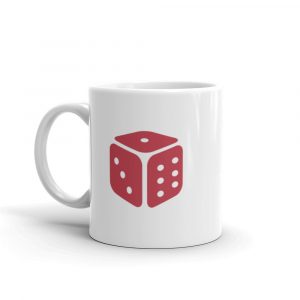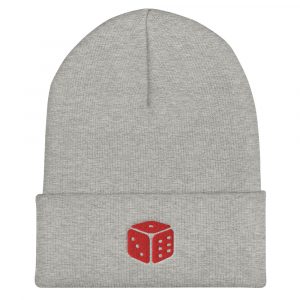Games are not hard to design. Anyone who has played games a decent amount could probably take an idea, add a few of their favourite game mechanics, and VOILA… GAME.
The really hard part is making the game SYSTEM work and this is where I tell you the thing that will irritate, frustrate, and annoy so many people. You’re gonna have to math it out.
The real struggle with game design is making it work and for the vast majority of games outside of social/party games, that means making the math work. There are a couple of ways that math will rear up its ugly head in board games. The first is in the system itself.
Do you remember algebra? STAY WITH ME. Do you remember algebra? There’s lots about algebra that I don’t remember but the main thing that I do remember is that an equation is all about balance. If you add something to one side, you need to add it to the other side. You have to keep the equation in balance. This is the same with games. Games (specifically competitive games) are a constant effort by players to bring the game OUT of balance. You start in the same position (usually). You are equal. Your goal is either to move yourself UP or move the other person DOWN or BOTH.
One goal of the game is to try to retain that balance. If you get a resource, the game wants to give you something to spend that resource on. Your points go up and your resources go down and the game tries to maintain balance.
When you’re building your own game from scratch, you have to do a LOT of math. YOU have to make the game balanced. One of the reasons that it’s a good idea to design an expansion for a game that already exists is that you’re playing with balance. The game is already (presumably) balanced and everything that you add or subtract will take the game out of balance. Your job, when working on an expansion, is to add something fun to the game without ruining the balance.
So how did we manage all of this in a game of Monopoly?
Oh Hey.
Thanks for Stopping By.
Thank you for following along on our adventure in board game design. Subscribe to stay up to date with what we're designing, and why, and this way you won't miss any information about our game launches.






Recent Comments